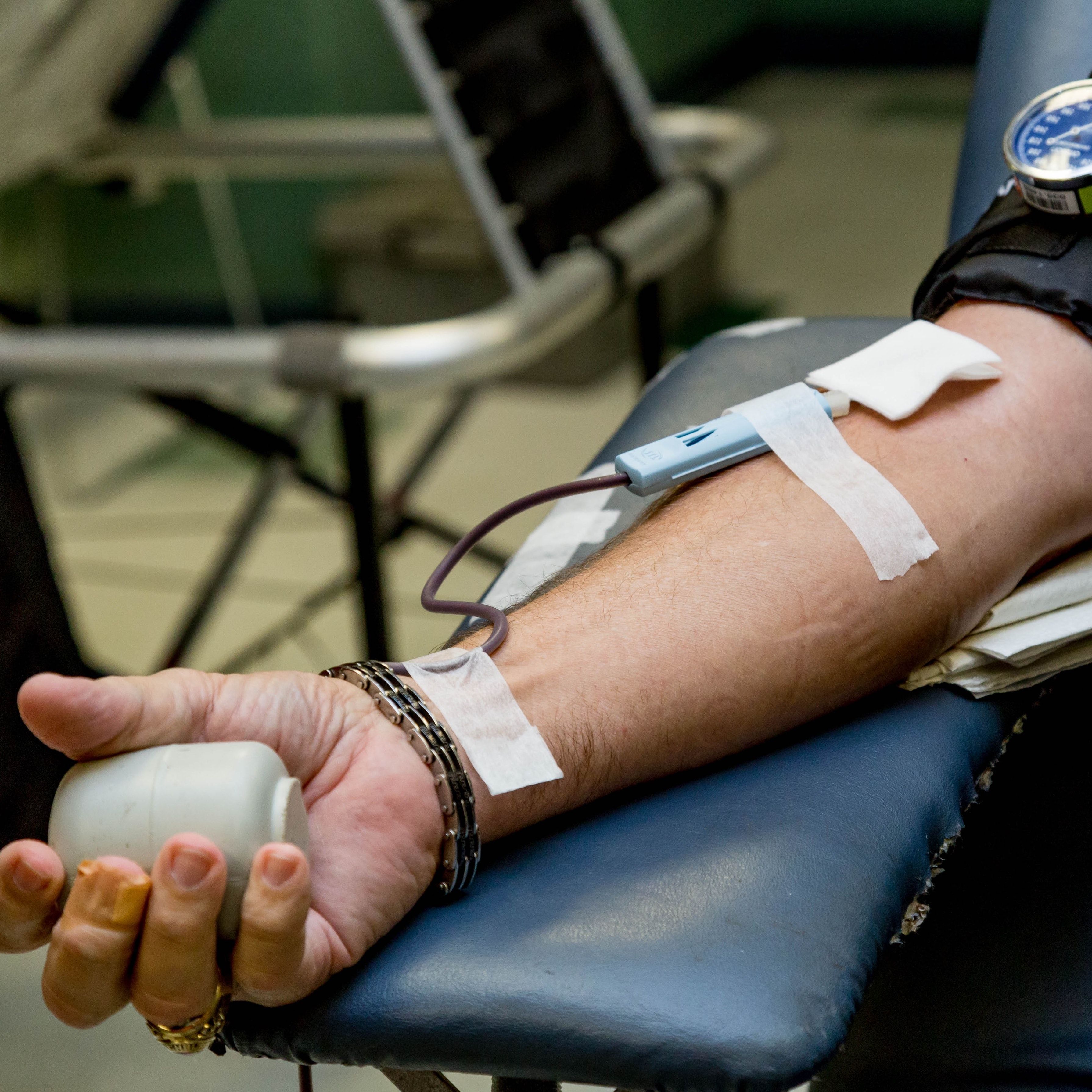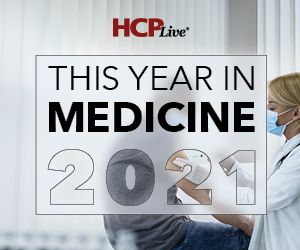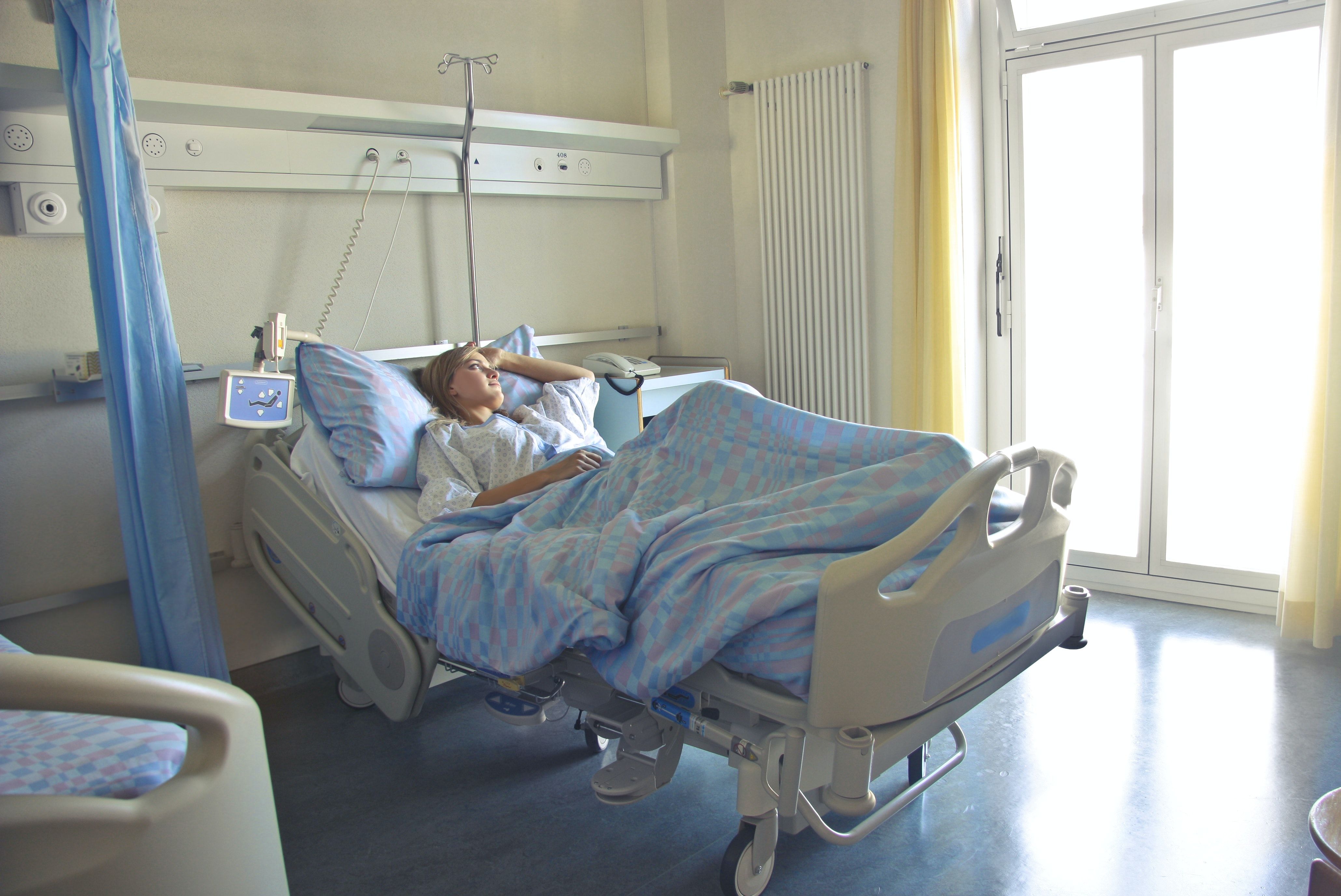Article
Motivational Interviewing-Based Brief Interventions May Prove Effective for HIV/AIDS, Substance Abuse
Author(s):
MIBI could be implemented as an effective adjunct to usual care, addressing problematic substance use among individuals living with HIV/AIDS.

A multisite randomized control trial on the effectiveness of a motivational interview-based brief intervention (MIBI) on patients with comorbid HIV/AIDS and substance abuse, hopes to find patients receiving MIBI in addition to the usual care (UC) provided by AIDS Service Organizations (ASOs) will see reduced incidence of problematic substance abuse, and improvement in treatment adherence.
This study on the effectiveness of MIBI, entitled Substance Abuse Treatment to HIV Care (SAT2HIV), is led by Bryan R. Garner, PhD, Senior Implementation Research Scientist at RTI International in Durham, N.C., and completed as part of a US multipronged expansion of HIV- and AIDS-related research by the National HIV/AIDS Strategy by the National Institute on Drug Abuse (NIDA).
Garner and colleagues state that the first aim of the SAT2HIV Project is to test the effectiveness of MIBI as an aide to UC within ASOs.
Researchers hypothesize the use of MIBI would "result in significant reductions in primary substance use, substance-related problems, [and] engagements in risky behaviors," and increase significantly in receipt of substance abuse treatment and ART medication adherence.
The multisite study utilized 2 randomized controlled groups to test MIBI effectiveness using a 1:1 allocation ratio. Thirty-nine US community-based ASOs were selected for the study based on meeting eligibility criteria; all study participants were over 18, living with HIV/AIDS, had an acknowledged use of at least 1 substance within the past 28 days, and have been recognized as having 2 or more substance use disorder symptoms during the past 12 months.
The study timeline will be completed in December 2017 and data on the effectiveness of the Project MIDI experiment will be published in 2018.
The study fills a need in ASO treatment due to the fact that ASOs, according to Garner, "rarely systematically screen for or assess substance use as part of their UC process," and currently offer little support to patients beyond a referral to nearby substance abuse counseling for addiction treatment.
The MIBI would be a shift from the UC of ASOs, in that a trained case-management staff member would complete the MIBI in a single 20- to 30-minute session, which is designed to help clients establish motivation for reducing substance abuse and establish an achievable timeline for that reduction.
Participating ASO case-managers were trained during 5 once weekly 1 hour sessions using methods established by the Addiction Technology Transfer Center (ATTC). ATTC training for ASO case-managers also included a 2-day skill-based training workshop, ongoing ATTC-led performance reviews, and practice sessions with feedback. All MIBI staff were also required to demonstrate proficiency with the intervention methods in a scored MIBI session with a practice client.
Garner and colleagues refer to the intervention itself as following a step-by-step format.
In the first step of MIBI training, the ASO case-manager asks clients to focus on a specific issue of their substance abuse causing the most problems, and about the client's thoughts on the relationship of that substance abuse problem to HIV and HIV care.
The second step, aims to build upon Step 1 by strategically evoking clients' reasons for change, motivating them through reflection on their substance abuse goals in connection with knowledge about how the use typically affects Highly Active Antiretroviral Therapy (HAART) adherence.
Garner suggests that the overarching goal of the MIDI is to evoke motivation for change in the client through questioning, reflection and discussion.
The third step of the MIDI includes developing a change plan to strengthen client's commitment to cut back or quit substance abuse.
The last step summarizes the plan and asks trained ASO case managers to create a contract with the client which "fortifies" their commitment to changing their substance use.
Researchers collected data from the MIDI itself, through self-report and medical records of project participants, and via a 4 week follow up period. The data produced after the study completion period will offer both quantitative and qualitative feedback on the effectiveness of MIDI.
An effectiveness trial was selected because our primary interest was whether MIBI would work when used within the real-world conditions of ASOs, which is a design that more directly informs those making decisions about appropriate services to implement in practice settings." Garner writes that the MIBI experiment will "help advance research on brief interventions for drug use, especially in HIV service." Garner hopes that the results from the MIDI will impact the means with which ASOs are able to positively impact client care and access to treatment.
If MIBI is found to be effective, expanding ASOs’ service continuum to include MIBI for substance use, has the potential to help reduce the prevalence of problematic substance use among individuals living with HIV/AIDS, which could potentially and positively impact patient care, engagement, and ART adherence and could lead to viral suppression.
Given that Garner reports that an estimated 50% of people living with AIDS/HIV are reported to have comorbid substance abuse problems, the MIDI project has the potential to improve care for a high number of ASO clients.
Garner and colleagues remain optimistic that the data will prove MIDI to be a valuable addition to UC, and that the design of the MIDI trial will minimize the research-to-practice lag that has been found to plague numerous areas of health.
"Testing the effectiveness of a motivational interviewing-based brief intervention for substance use as an adjunct to usual care in community-based AIDS service organizations: study protocol for a multisite randomized controlled trial" appeared online in Addiction Science and Clinical Practice on Nov. 17, 2017.





